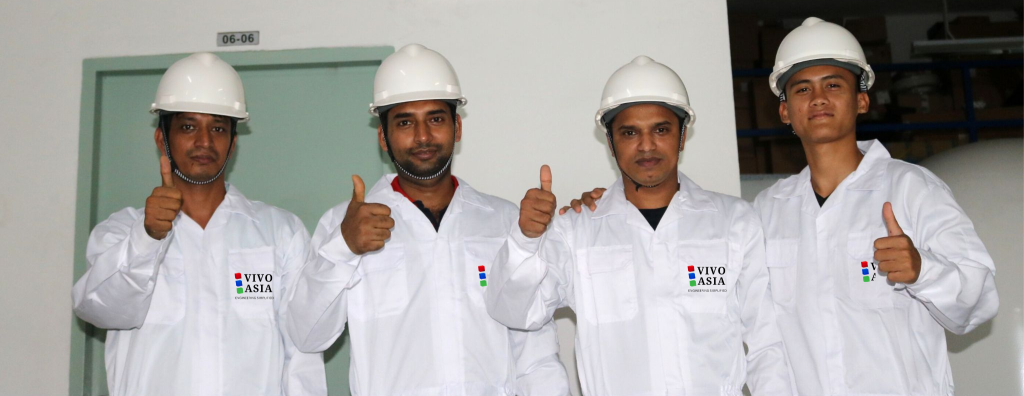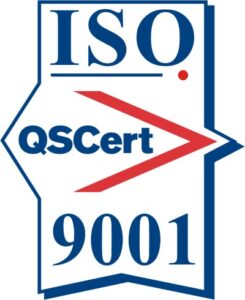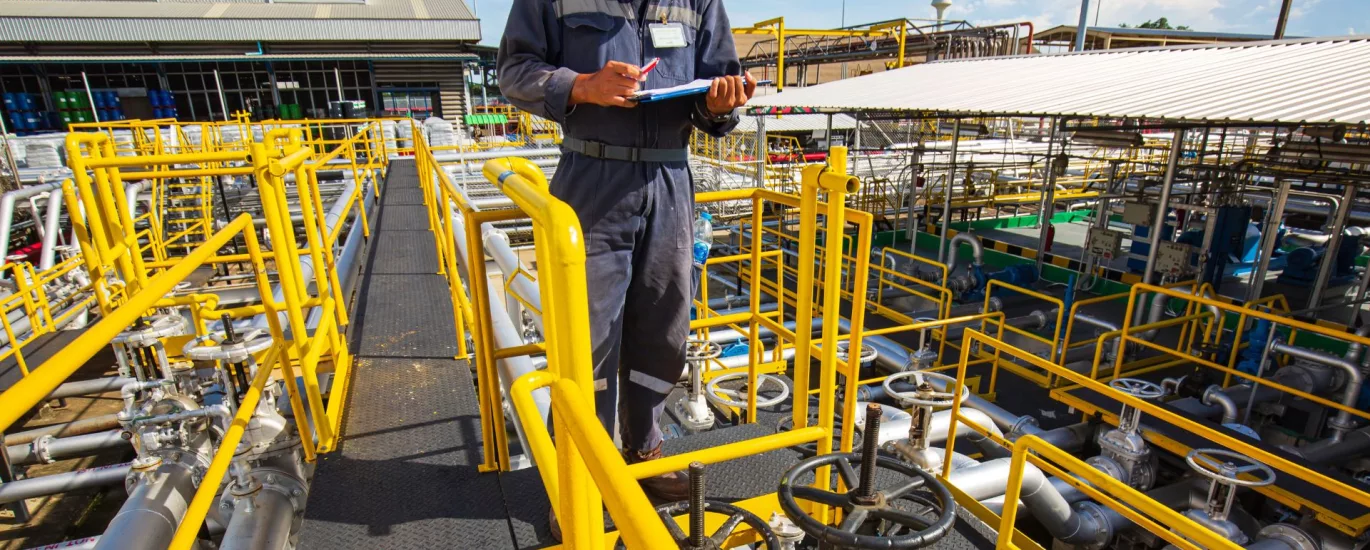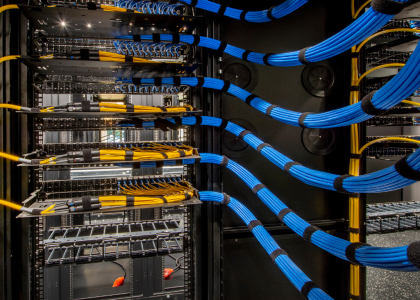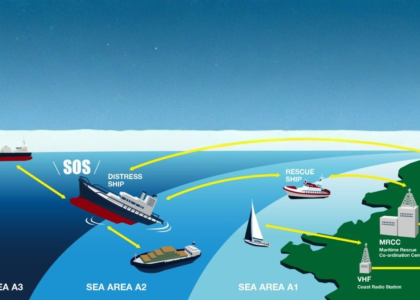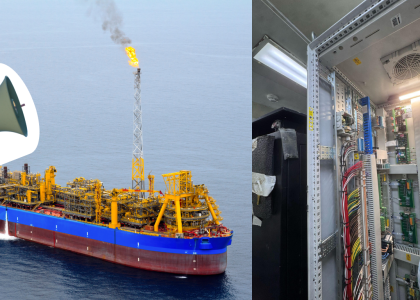Electrical, Instrumentation, and Telecom systems in the oil and gas industry play a pivotal role in enhancing operational efficiency, ensuring safety, and maximizing productivity. The seamless integration of these systems not only ensures smooth operations but also mitigates risks and enhances productivity. In this blog, we delve into the critical aspects and best practices of installing EIT systems tailored for the oil and gas sector.
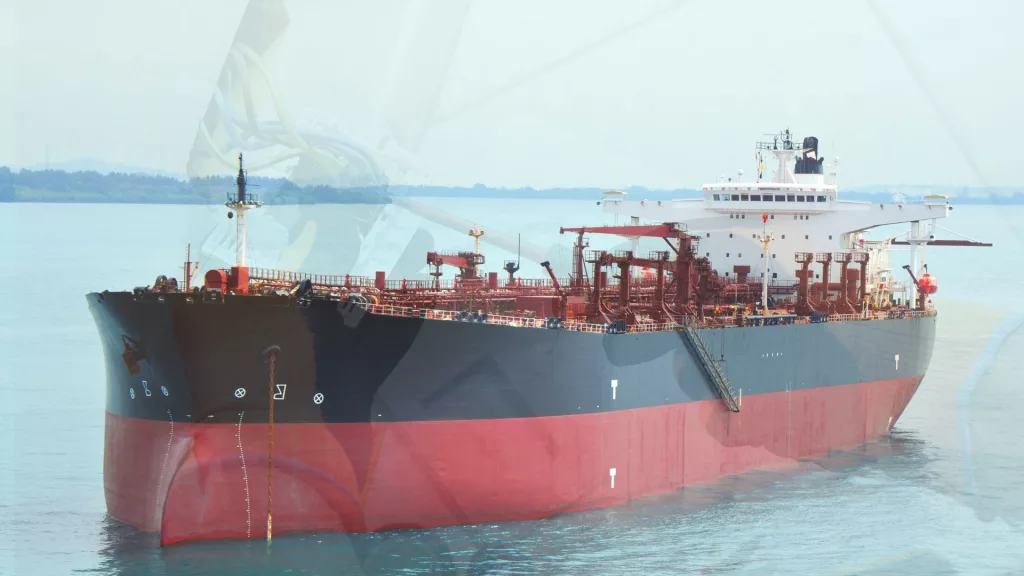
Understanding EIT systems
Powering Progress: Electrical Systems
Electricity is the lifeblood of modern industrial operations, and in the oil and gas sector, its significance is paramount. Electrical systems in oil and gas facilities encompass a myriad of components, from power generation and distribution to motor control and lighting. Robust electrical infrastructure ensures uninterrupted power supply, safeguarding critical processes and maintaining operational continuity even in challenging environments.
- The backbone of any facility, electrical systems power operations and equipment throughout the oil and gas infrastructure.
- Prioritize safety measures such as grounding, lightning protection, and surge suppression to safeguard personnel and assets.
- Implementing redundant power supplies and backup generators ensures uninterrupted operations, especially in remote locations.
Precision Control: Instrumentation Systems
Instrumentation systems serve as the eyes and ears of oil and gas facilities, providing real-time data and insights crucial for decision-making and process optimization. From temperature and pressure sensors to flow meters and control valves, instrumentation technology enables precise monitoring and control of various parameters throughout the production and refining processes.
- Instrumentation plays a pivotal role in monitoring and controlling various processes, ensuring optimal performance and adherence to regulatory standards.
- Accurate calibration of sensors and transmitters is paramount for precise measurement and control of pressure, temperature, flow, and level parameters.
- Employing smart instrumentation with predictive maintenance capabilities minimizes downtime and enhances overall asset integrity.
In an industry where remote sites and sprawling facilities span vast geographical distances, seamless communication is indispensable for operational efficiency and safety. Telecom engineering plays a pivotal role in establishing robust connectivity infrastructure, enabling data transmission, voice communication, and remote monitoring across diverse locations.
- Telecom infrastructure facilitates real-time communication, data transmission, and remote monitoring across the oil and gas network.
- Deploying robust networking solutions, including fiber optics and wireless technology, ensures reliable connectivity in challenging environments.
- Cybersecurity protocols must be integrated to safeguard critical data and infrastructure from potential cyber threats and breaches.
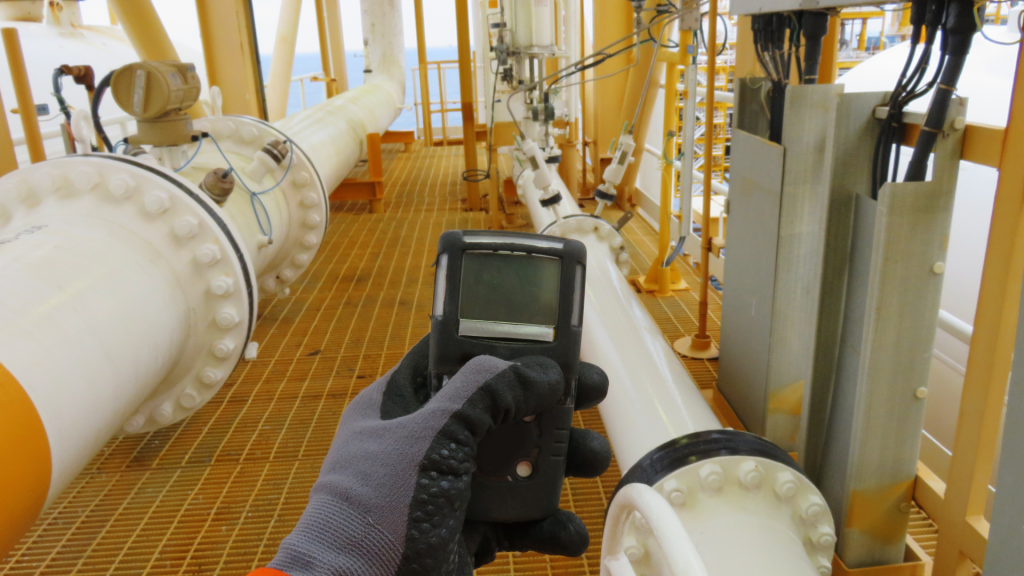
Best Practices for Installation
Comprehensive Planning
Begin with a thorough assessment of project requirements, regulatory compliance, and environmental factors to formulate a detailed installation plan. Collaborate closely with engineering teams, contractors, and stakeholders to streamline workflows and minimize disruptions during installation.
Adherence to Standards
Comply with industry standards such as IEEE, IEC, and API to ensure adherence to safety protocols, quality benchmarks, and regulatory guidelines. Conduct regular inspections and audits to verify compliance with design specifications and performance standards throughout the installation process.
Risk Management & Quality Assurance
Implement robust risk mitigation strategies, including hazard analysis, safety training, and emergency response protocols, to minimize the likelihood of incidents and accidents. Prioritize quality assurance and testing procedures to validate the functionality, reliability, and performance of installed EIT systems.
Get the Right Team
The installation of Electrical, Instrumentation, and Telecom engineering systems demands meticulous planning, adherence to standards, and a relentless commitment to safety and quality. Therefore, it is important to get the right team on the job!
Team Vivo Asia is a team of skilled and experienced engineers and technicians that specialize in the installation of electrical, instrumentation and telecom systems in the oil and gas industry. We have a streamlined project delivery procedure and are well-versed in industry compliance requirements.
